Click on the image above to hear how!
You Can Fix Your Own Health & The Planet’s Health
We can all wait for our Governments to fix the problems, wring our hands in despair, leave it for our children and grandchildren to clean up the mess we have produced OR begin to fix it ourselves, step by step, day by day, month by month, here is a plan you may like to follow!
January: Try to avoid buying anything made of or packed in plastic. Plastics are based on fossil fuel for production and produce an almost permanent environmental pollutant that will take many years to start to rectify. There are biodegradable alternative materials produced from plants. . HERE
February: Buy local produce wherever possible. This would both stimulate farmers to shift to plant food production for humans, reduce the vast energy consumption involved in shipping food to and from warehouses and from abroad. . HERE
March: Cut back on your consumption of “stuff”. We all are encouraged to consume or buy far more material things than we really need, we need to remind ourselves that every article represents a substantial use of the earth’s scarce resources. HERE
April: Help plant a hundred trees. With the estimated 4 billion internet users worldwide this would produce 400 billion trees, the most efficient carbon dioxide consumers would remove around 8 billion tons of CO2 per year, which would help balance the residual fossil fuel use. Global production of CO2 from transport is about this quantity. HERE
May: Support your local community in any way that helps the environment. There is a close connection between the health of the planet, the health of individuals, and the health of a community. By building stronger communities we would find mutual support in building a sustainable future for our only planet, the earth. HERE
June: Cut out all meat, fish, and dairy foods from your diet. This alone would cut greenhouse gases by between 25 – 50%, stop the loss of the earth’s lungs – the rainforests, reduce the need for food production by 75%, with the right distribution system ensure adequate food for everyone, improve the health of everyone, reduce the incidence of chronic diseases, reduce the pollution of coastal waters from agricultural medicine run-off and animal waste, permit the regrowth of our fauna and flora, especially endangered species, and much more. Currently, estimates suggest between 50 – 75% of all grain and pulses go to feed animals! HERE
July: Conserve fresh water whenever possible, it’s a scarce resource. Freshwater will be more valuable than oil in a few years’ time. Sources of freshwater are increasingly being depleted due to pollution or overexploitation. Producing animal and dairy foods is a major reason for this. HERE
August: Make your own health your responsibility. If you have already shifted your diet to a whole plant diet and are getting more exercise walking you are well on the way to meeting this challenge. HERE
September: Reduce the use of your car by walking more/using public transport. This will go towards the August challenge; taking more responsibility for your health. HERE
October: Turn your home thermostat down a few degrees lower. Just a few degrees drop will save you over a hundred pounds a year and reduce the consumption of energy nationally. HERE
November: Try to reduce food waste to close on nil. Currently, we waste over a third of our food. That would feed most of the undernourished or starving men, women and children throughout the world. . HERE
December: Switch your car to any that halves your fuel consumption. Today there is no technological reason why we cannot produce cars that will give over 100 miles per gallon; even this would make a significant reduction in CO2 emissions. This needs to be the most important criteria for car purchase, not its sporty performance. HERE
To learn more about each of these challenges go to the transcript of this podcast to click on related links. The global environmental destruction, pollution, and our impact on climate seem problems too big for you and me to have any significant impact on their solution, but just remind yourself that if billions of humans can generate the problems so we can just as easily fix them, one step at a time.

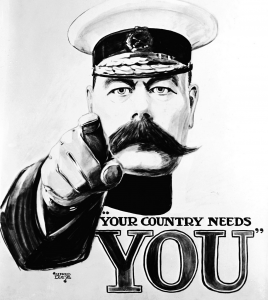
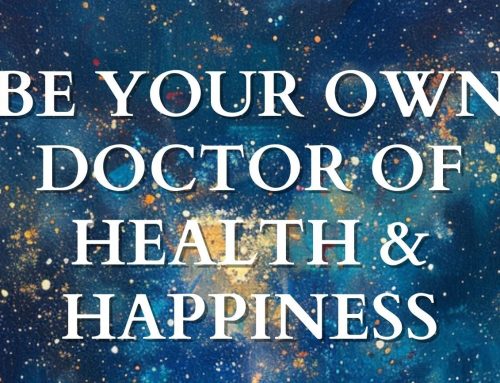

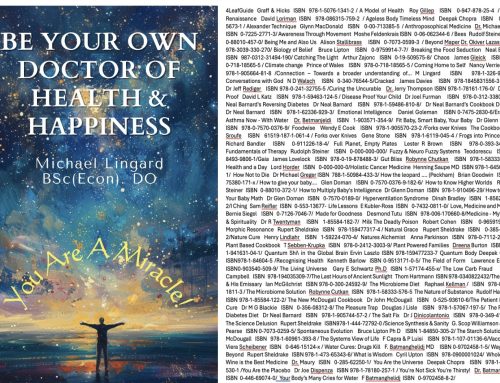
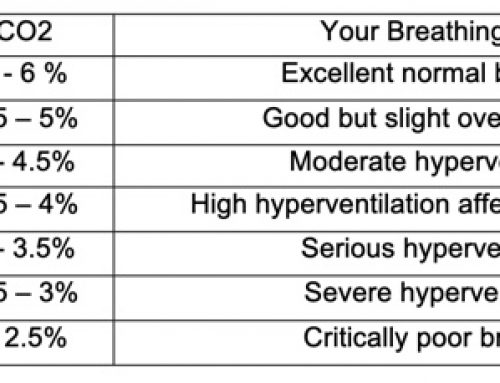
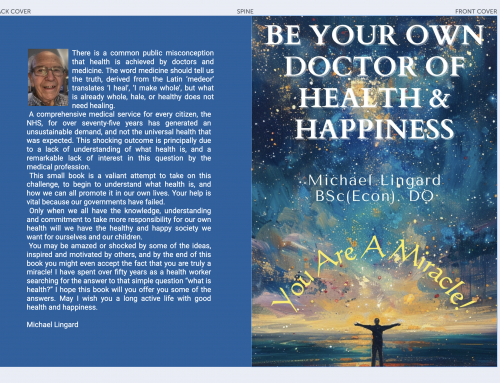
Leave A Comment